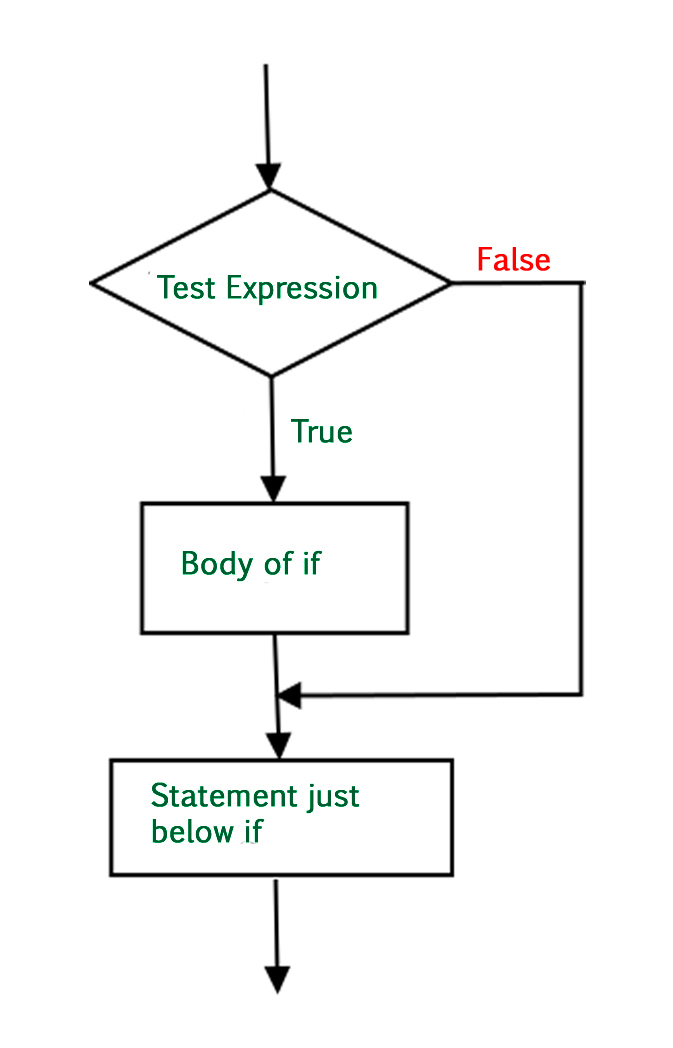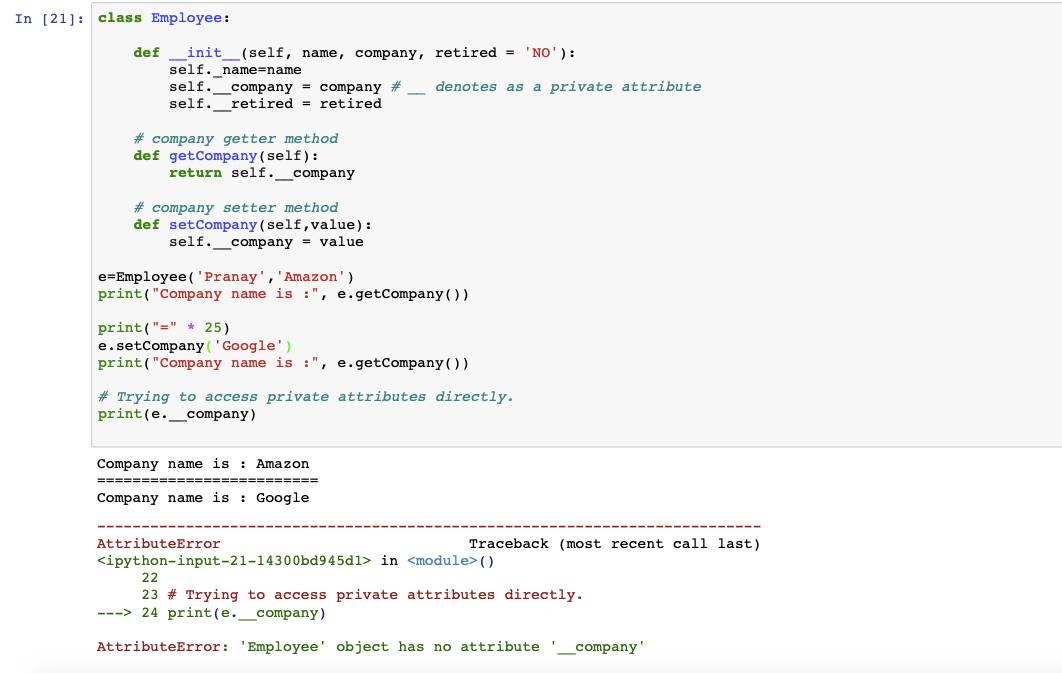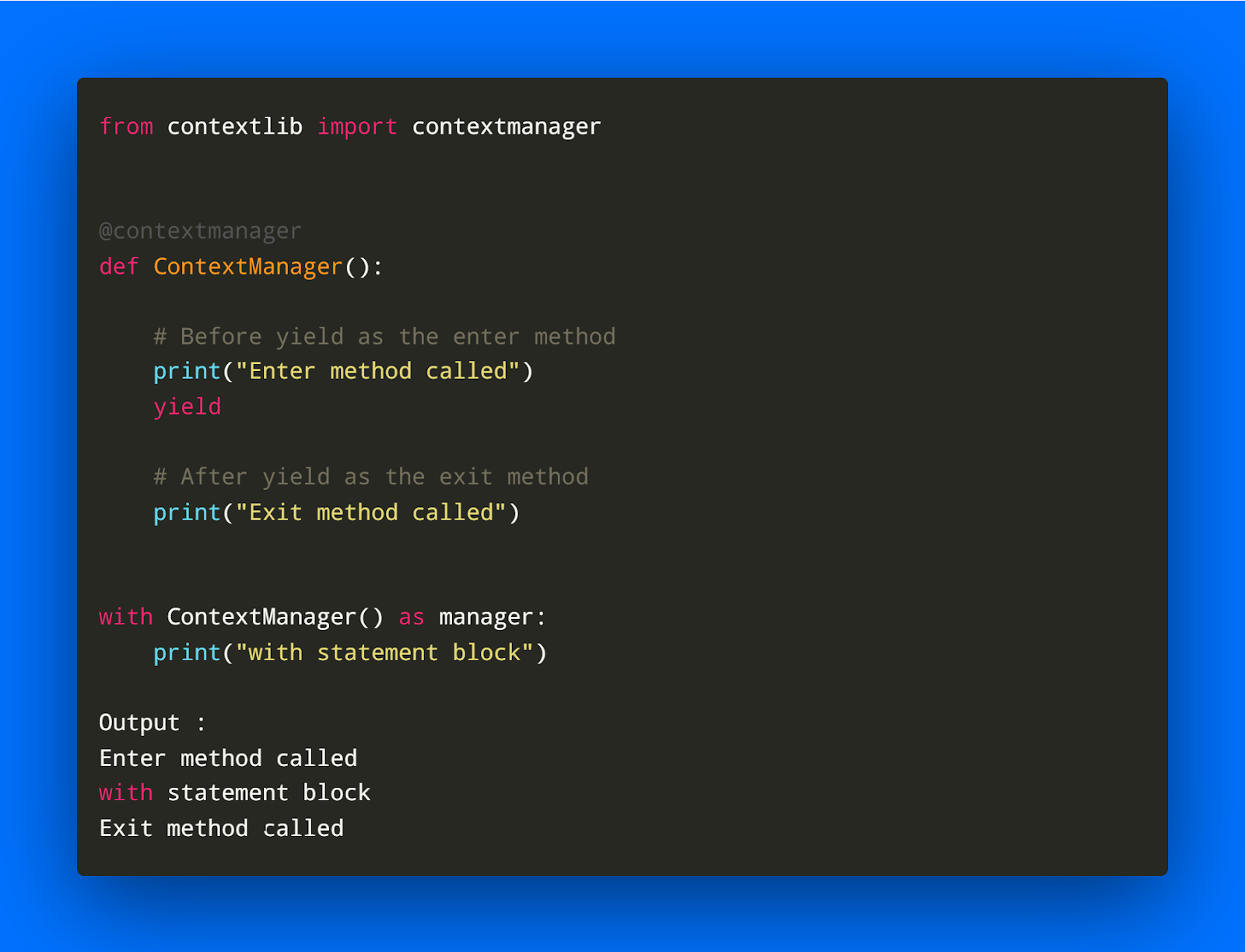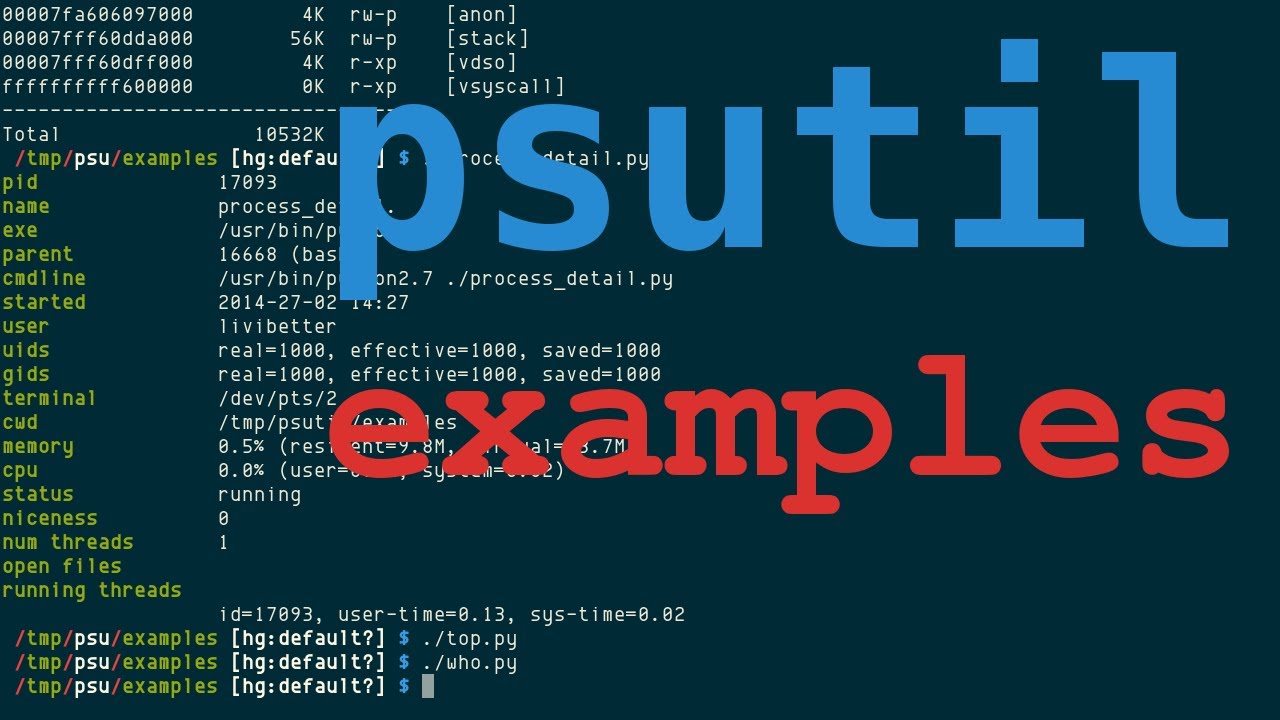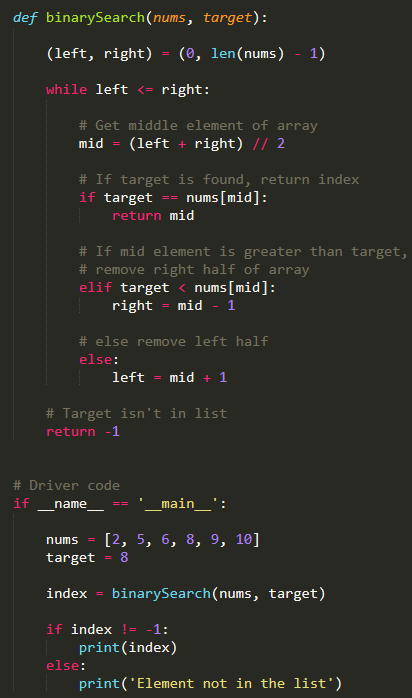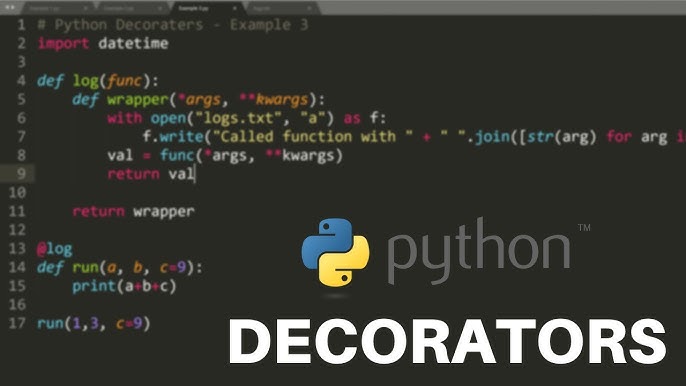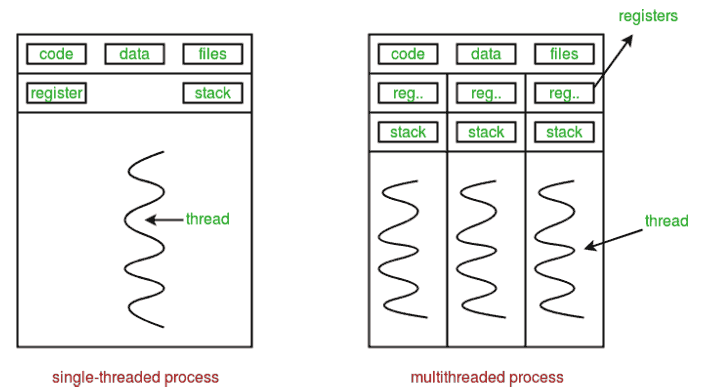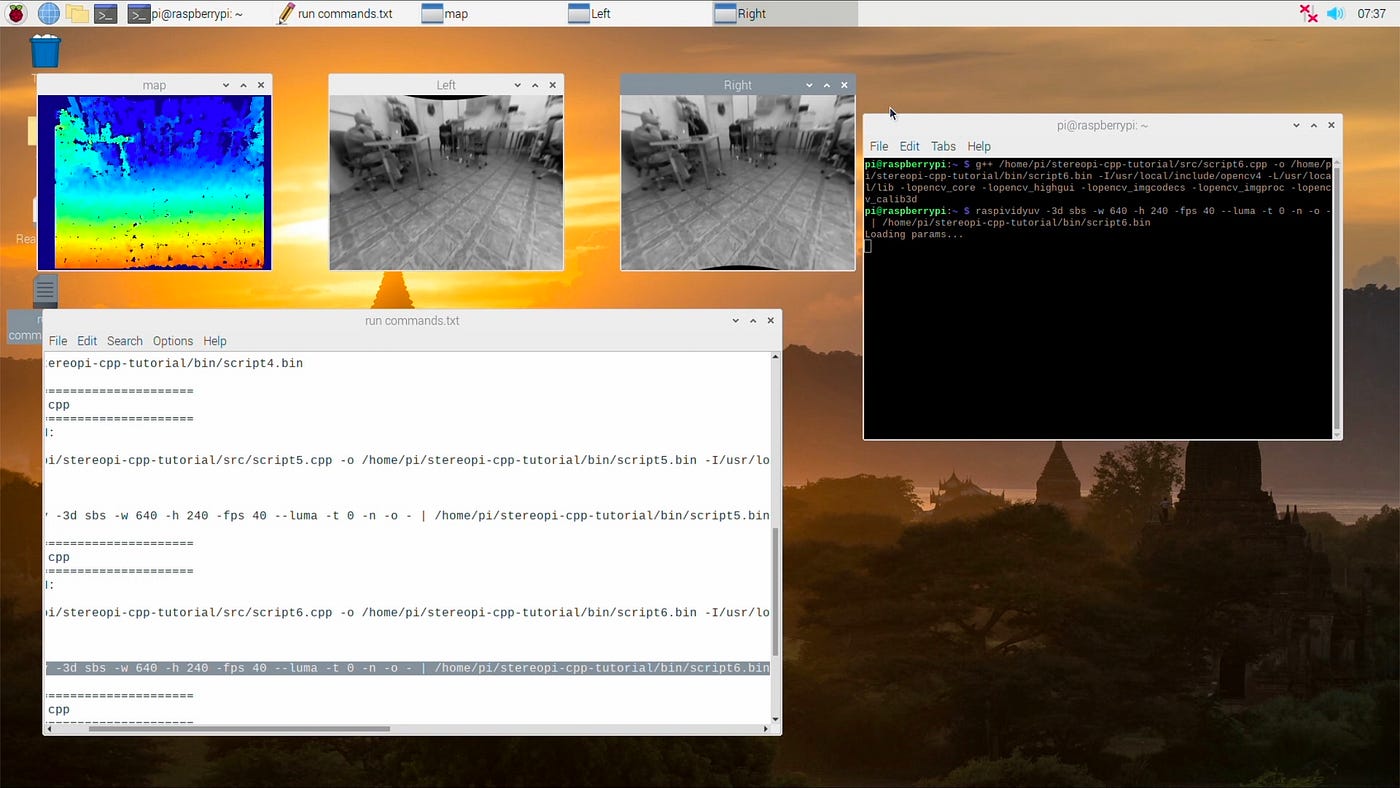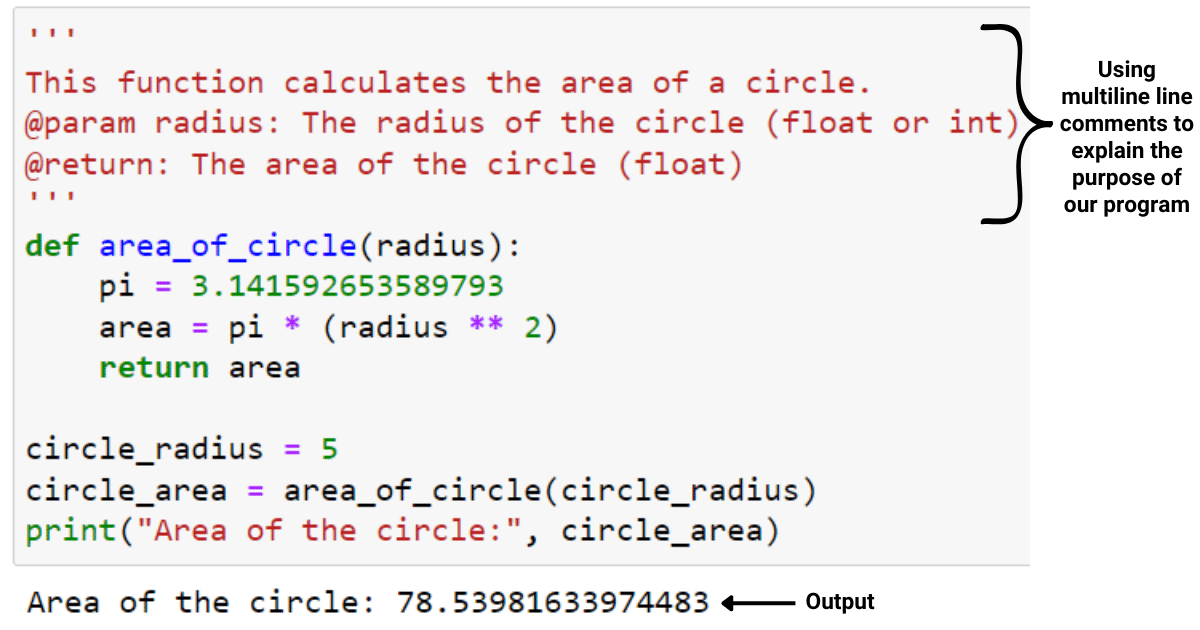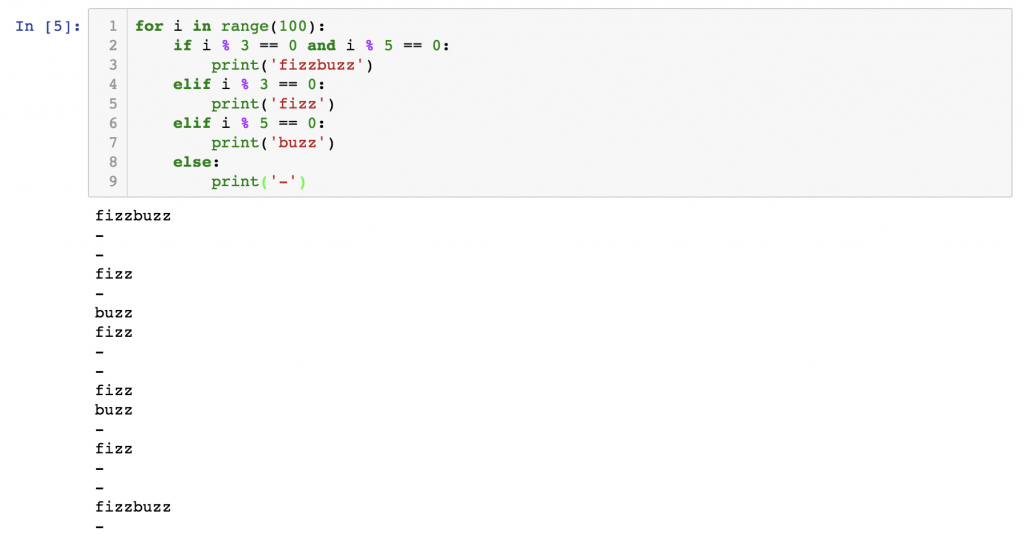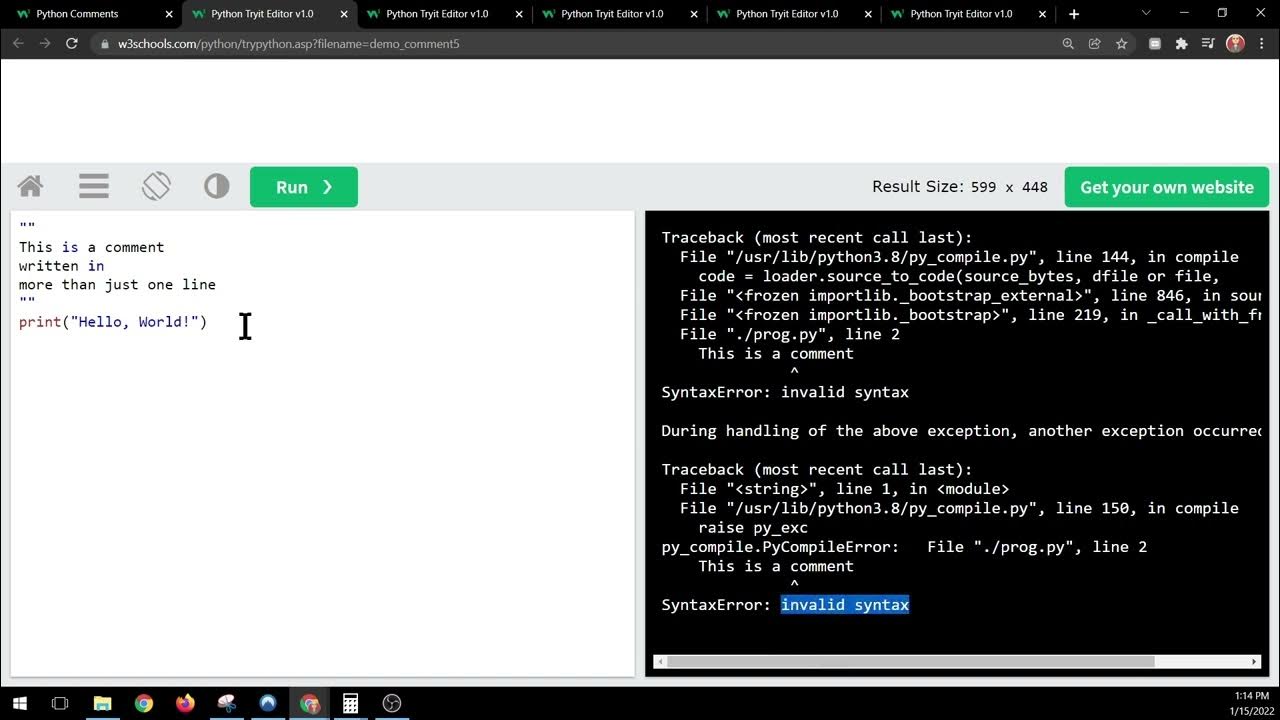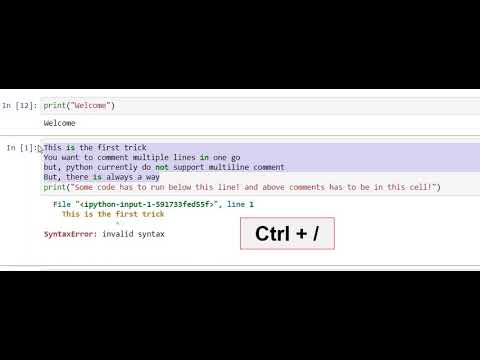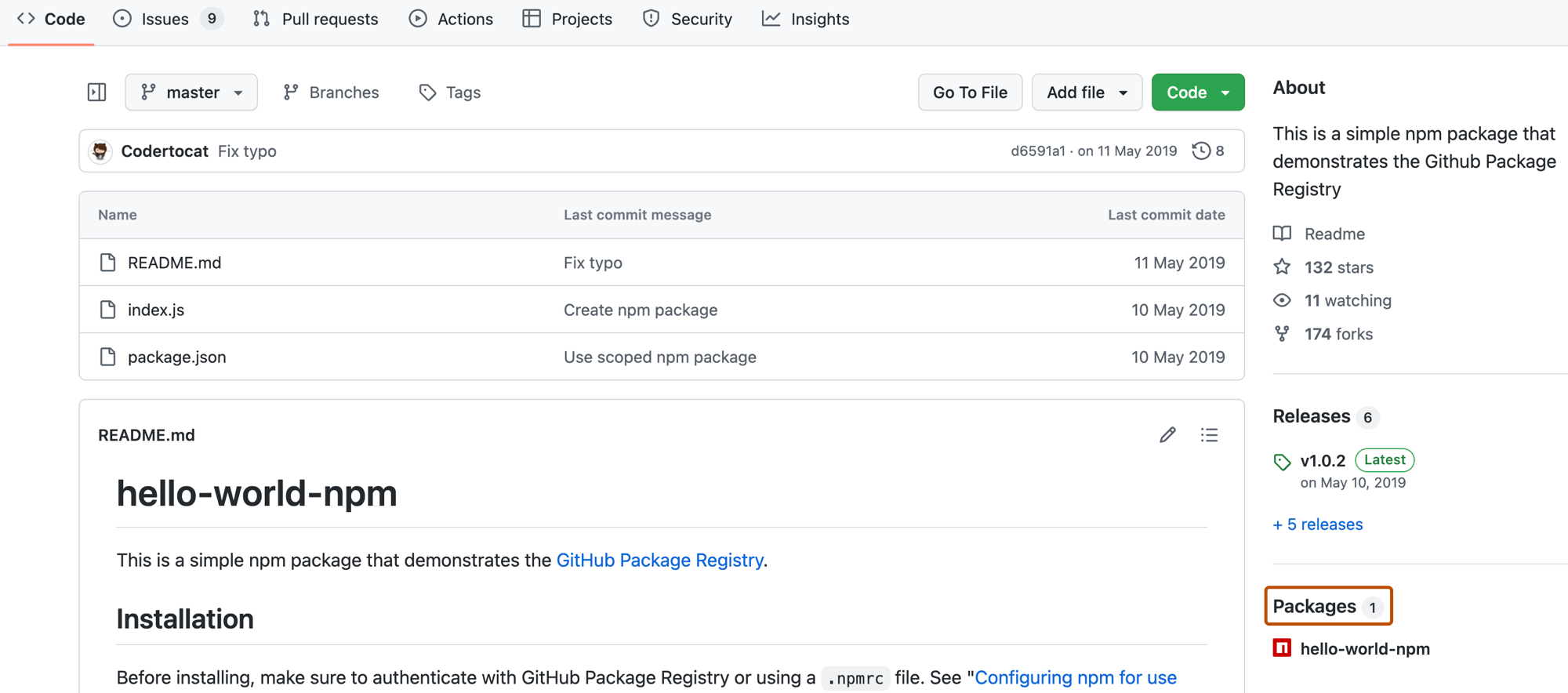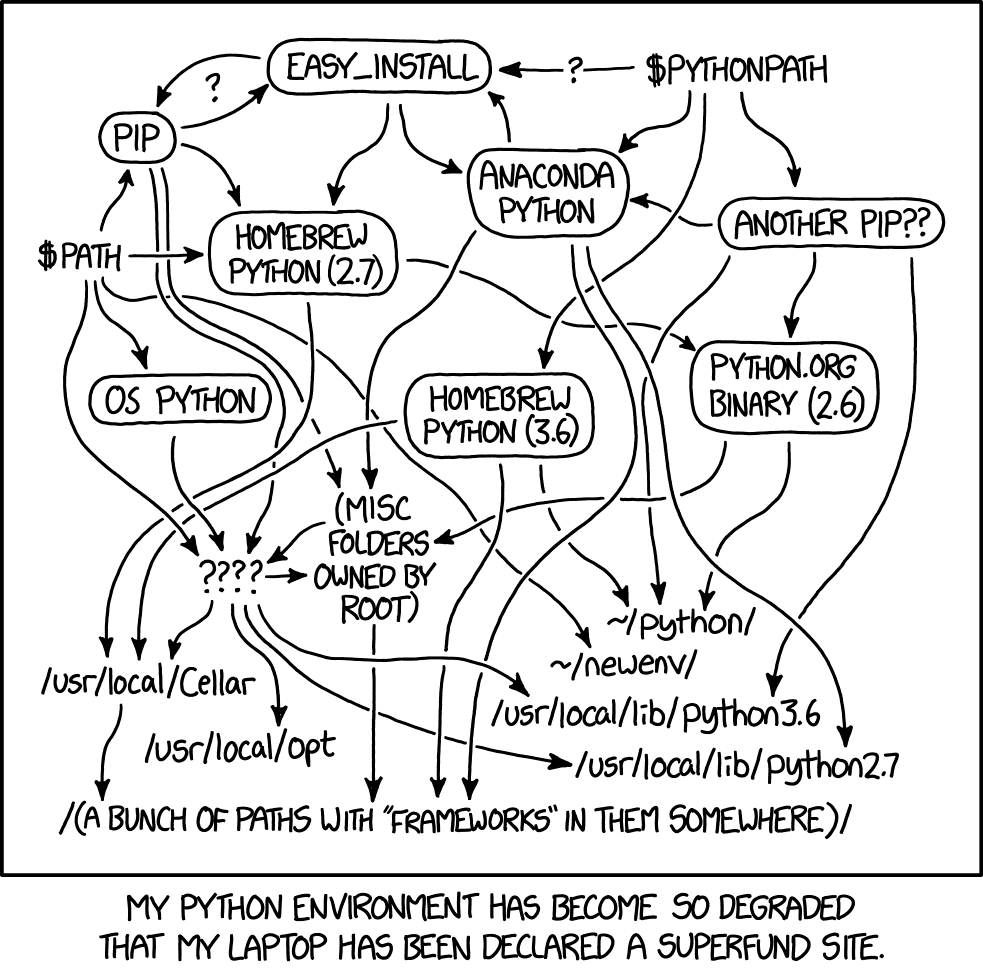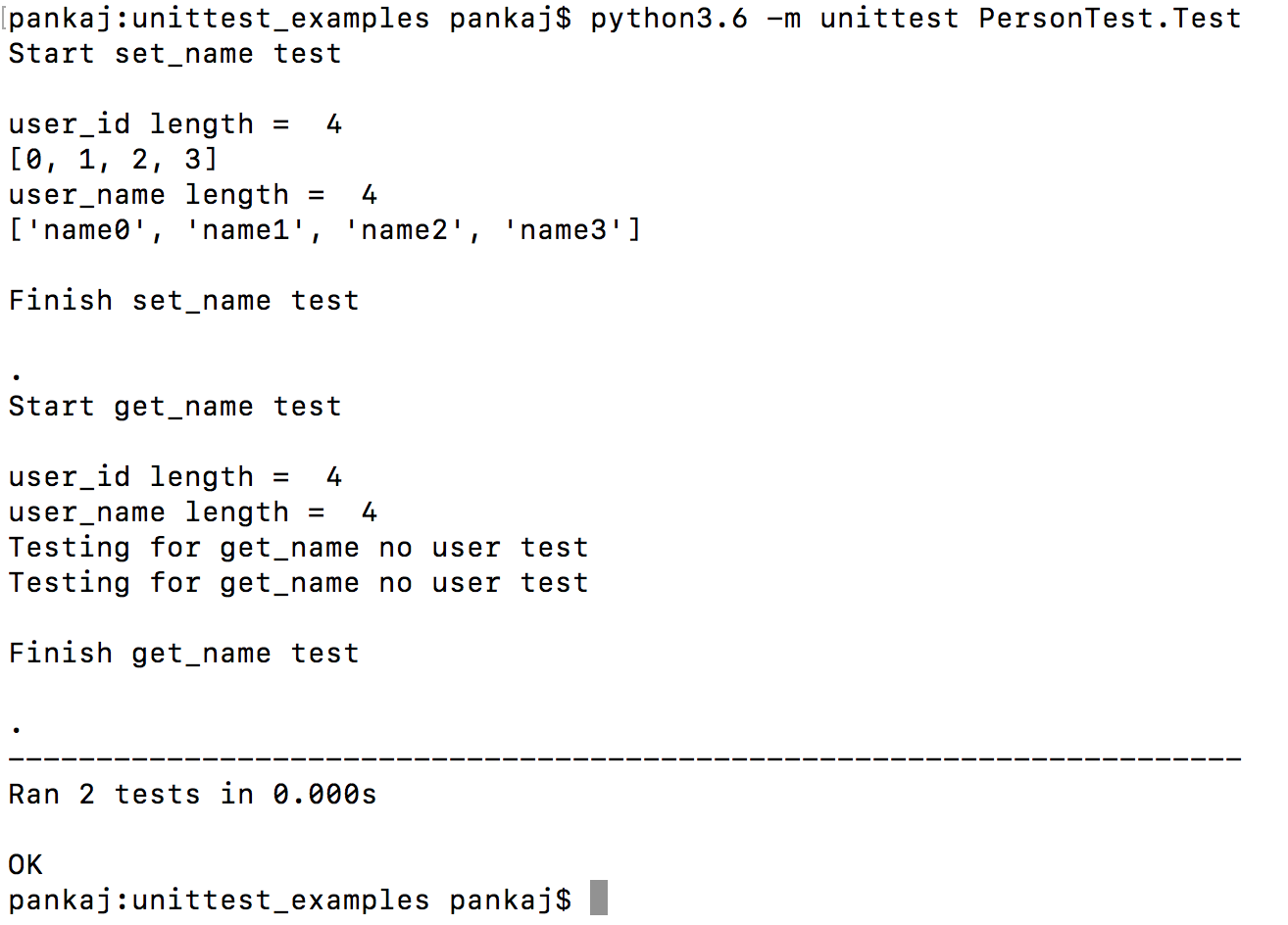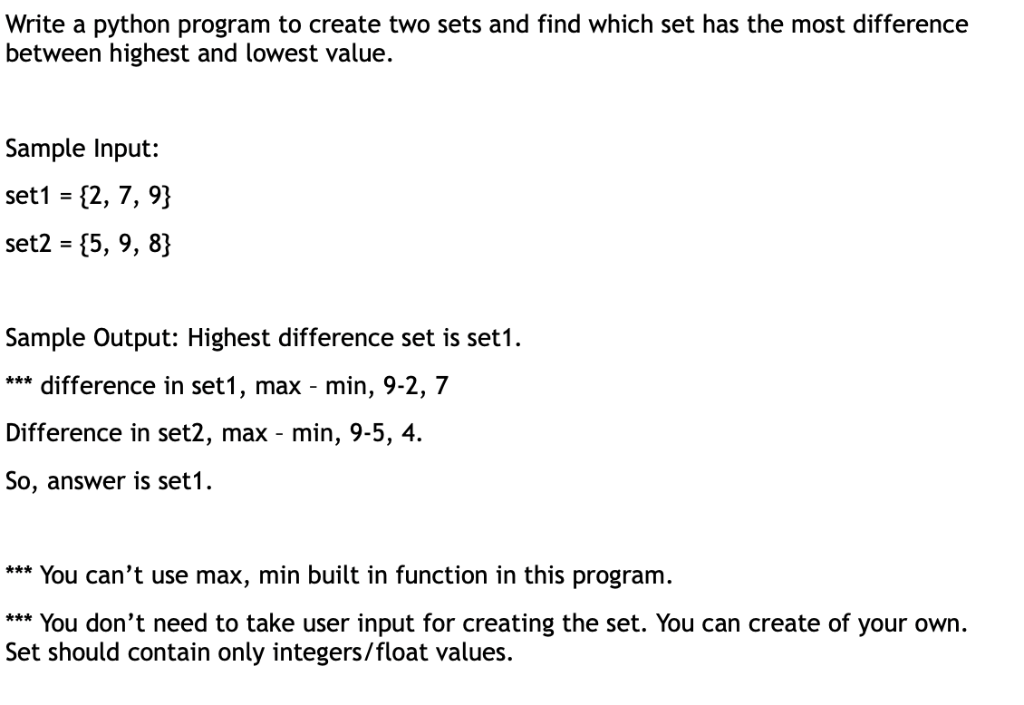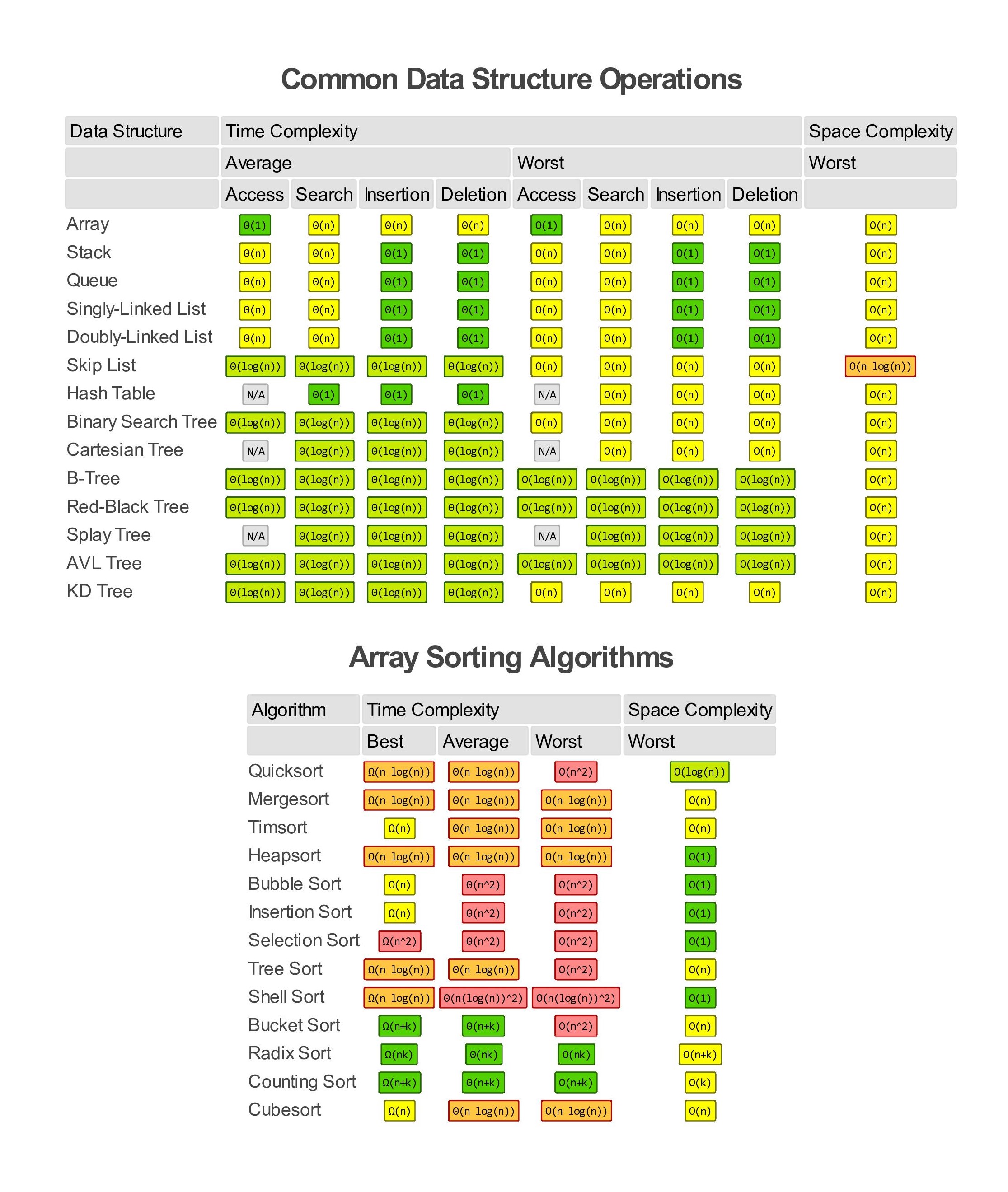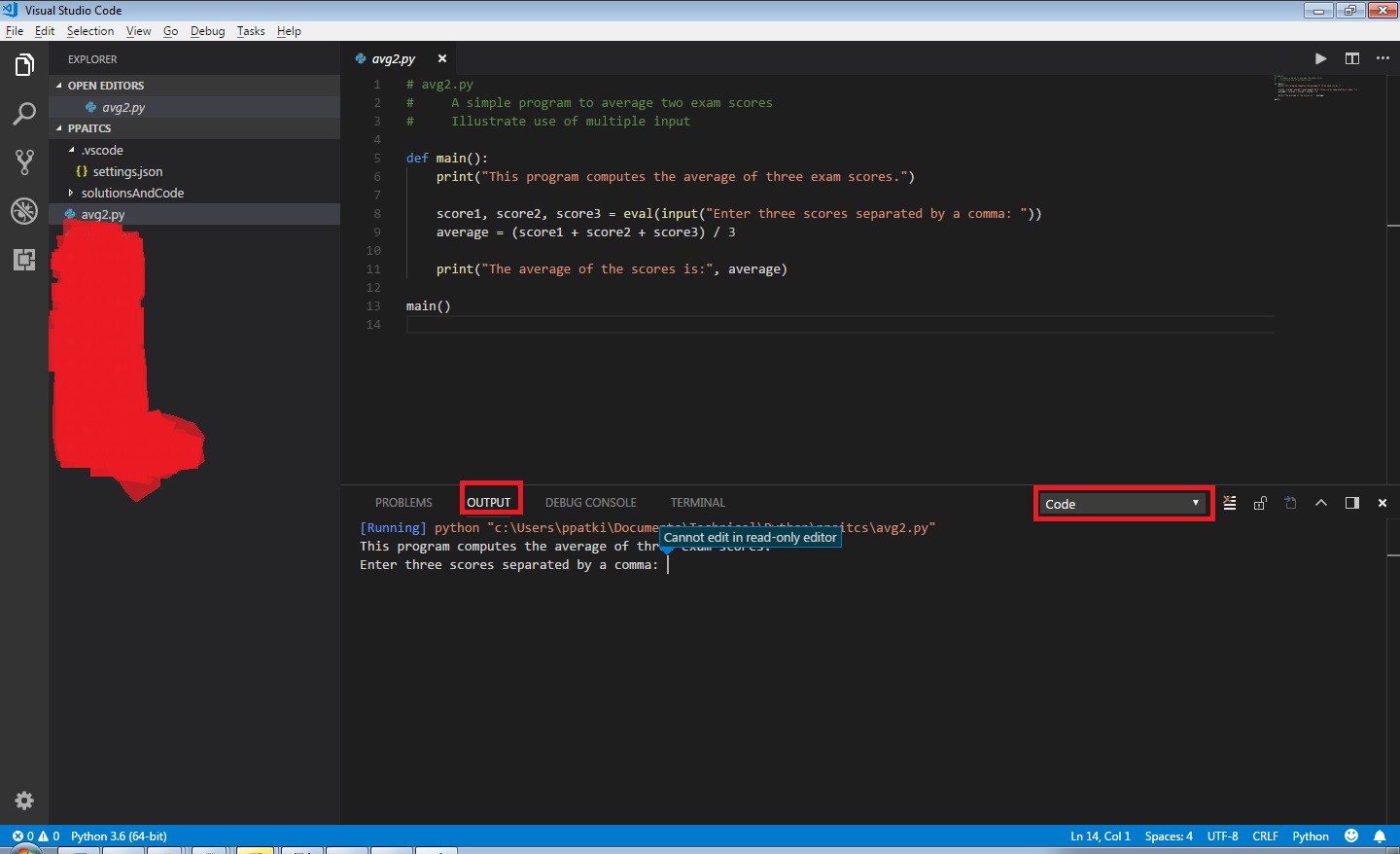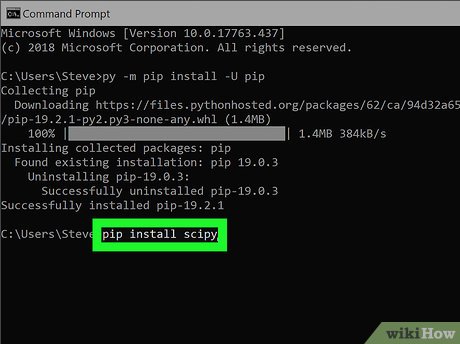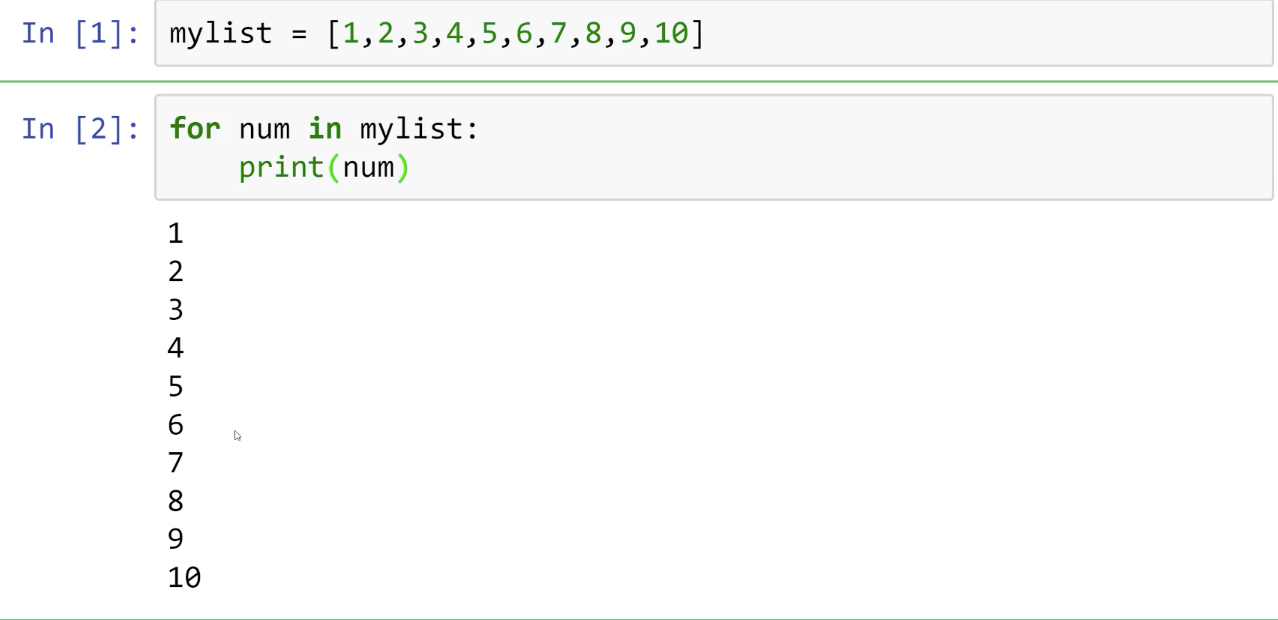How to input two numbers in a single line in Python?
How to input two numbers in a single line in Python?
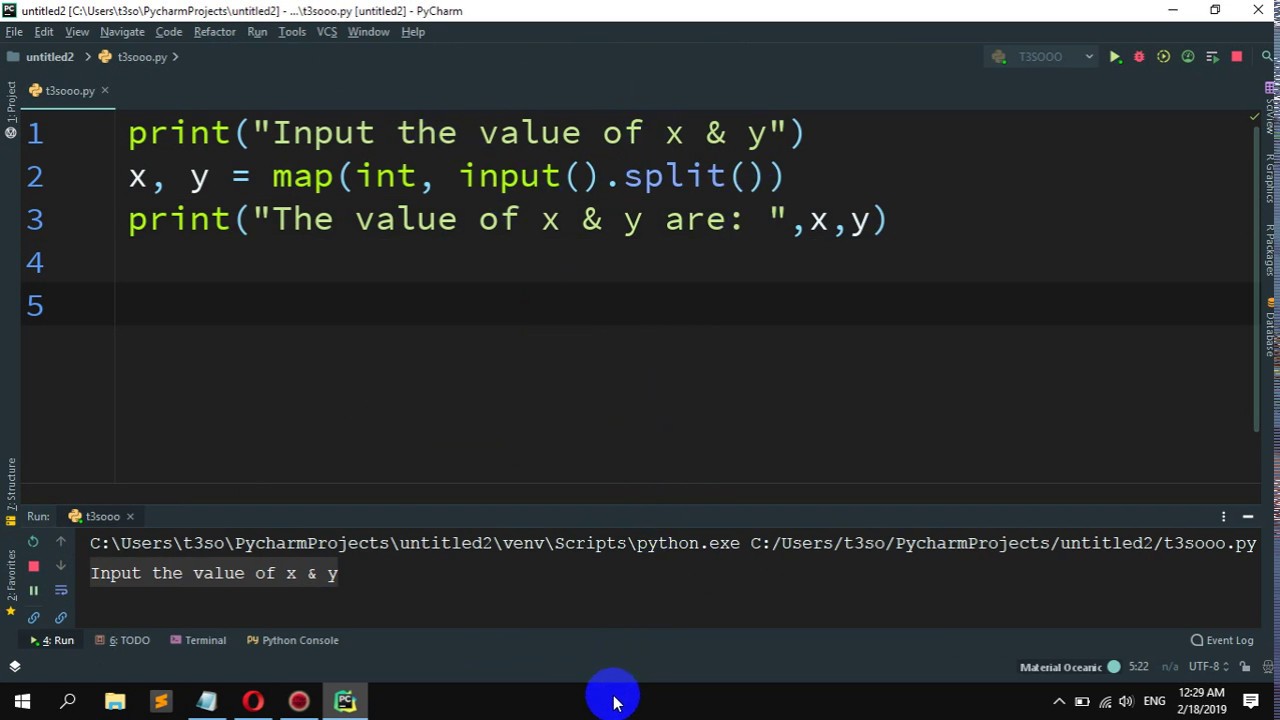
I'd be happy to help!
In Python, there are several ways you can input two numbers in a single line. Here are a few examples:
Using Comma Separation
One way is by separating the two numbers with a comma. This works because when you separate values with a comma, it's interpreted as a tuple.
num1, num2 = 10, 20
print(num1, num2) # Output: 10 20
Using Parentheses
Another way is by using parentheses to create a tuple. This method also works if you have more than two values:
numbers = (10, 20)
num1, num2 = numbers
print(num1, num2) # Output: 10 20
numbers = (10, 20, 30)
num1, num2, num3 = numbers
print(num1, num2, num3) # Output: 10 20 30
Using Split
If you have a string that contains multiple values separated by spaces or commas, you can split the string using the split() function:
numbers_str = "10 20"
num1, num2 = map(int, numbers_str.split())
print(num1, num2) # Output: 10 20
numbers_str = "10,20"
num1, num2 = map(int, numbers_str.split(','))
print(num1, num2) # Output: 10 20
Using Input Function
Finally, you can use the input() function to directly input two values from the user:
numbers_str = input("Enter two numbers separated by a space or comma: ")
num1, num2 = map(int, numbers_str.split())
print(num1, num2) # Output: User-defined values
In this example, you would prompt the user to enter two numbers, which could be separated by a space or a comma. You then split the string using split(), convert it to integers, and store the results in num1 and num2.
These are just a few examples of how you can input two numbers in a single line in Python. The choice ultimately depends on your specific use case and requirements.
How to take multiple inputs in python in single line using
I'm glad you asked! In Python, taking multiple inputs in a single line is a common task that can be achieved through various methods. One of the most efficient ways to do this is by utilizing the input() function and manipulating it accordingly.
Let's start with a simple example:
num1, num2 = input("Enter two numbers: ").split()
print(f"The sum is {int(num1) + int(num2)}")
In this code, we use the input() function to take a single line of input from the user. The input() function returns a string, so we can split it using the split() method with a space (" ") as the separator. This will give us two separate strings, which we then convert to integers using the int() function.
Another way to take multiple inputs in Python is by using a loop or recursion:
num_list = []
while True:
num = input("Enter a number (or 'stop' to finish): ")
if num.lower() == 'stop':
break
num_list.append(int(num))
print(f"The sum is {sum(num_list)}")
In this code, we use a while loop to continuously take inputs from the user until they decide to stop. We append each input to a list called num_list, and once they're done entering numbers, we calculate the sum of the list using the built-in sum() function.
Yet another way is by utilizing Python's advanced features like list comprehensions and conditional statements:
num_list = [int(x) for x in input("Enter multiple numbers separated by spaces: ").split()]
print(f"The sum is {sum(num_list)}")
In this code, we use a list comprehension to convert the split inputs into integers. This one-liner takes care of reading multiple inputs and converting them to integers at the same time.
Lastly, if you want to get fancy, you can even use regular expressions (regex) for more complex input validation:
import re
num_list = [int(x) for x in re.findall(r'd+', input("Enter multiple numbers separated by spaces: "))]
print(f"The sum is {sum(num_list)}")
In this code, we import the re module and use its findall() function to find all sequences of digits (d+) in the user's input. These are then converted to integers as before.
So, there you have it! Python provides many ways to take multiple inputs in a single line, each with their own unique advantages and applications.


